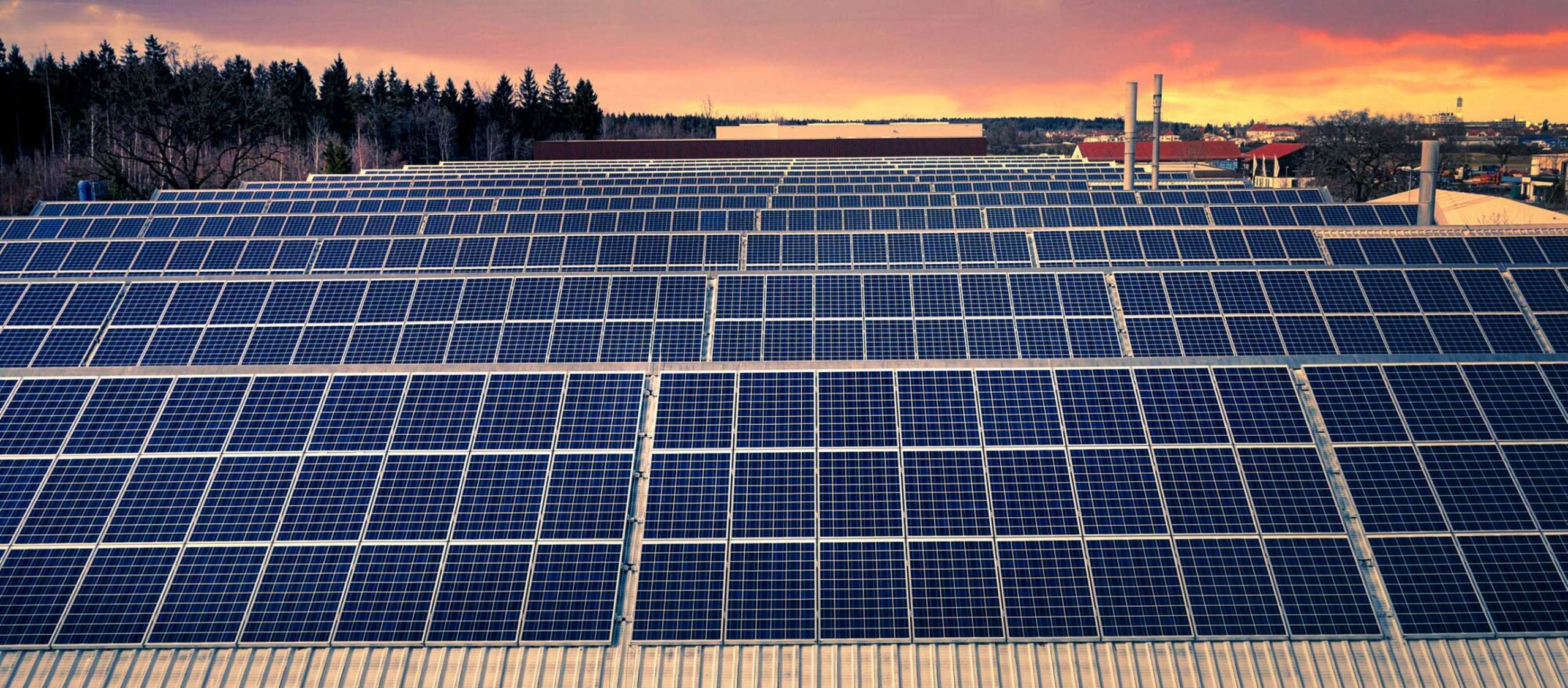There is plenty of useful, actionable advice online about how to prepare for emergencies. Whether you’re reading books at your local library, exploring our site, or watching one of the many prepper shows out there, there’s a lot to take in.
The issue for newcomers is knowing how to prioritize. What do you need to know? To help out, we’ve put together an emergency preparedness checklist to make sure you at least have all your basics covered if disaster strikes.
Did you know that the average American household uses more than 10,000 kWh of electricity every single year? It uses nearly 900 kWh every single month.
That is a lot of energy, which means that if you want to go off the grid, you are going to have to know how to wire an off-grid solar power system that generates a lot of energy.
Solar power has only recently become popular for household use, but technology is constantly changing. It can be difficult to keep up-to-date on how exactly to set up your solar power system.
Read on to learn all about everything you need to know about How to Wire an off Grid Solar Power System!
How Much Will My Off-Grid Power Supply Need to Provide?
Before you build an off-grid power supply, you need to know how much power you are actually going to need. To do this, you can check the watt-hours you are using by checking the power rating of each of your appliances.
For example, you have probably heard of a 10W lightbulb. A 10W lightbulb will use 10 watt-hours of electricity every hour that you use it. You will also need to check how many watts each of your other appliances are.
You will then need to estimate how much you will be using each appliance every day. For example, you might need to know if you will be using your refrigerator for 24 hours each day and four different lightbulbs for about eight hours each day each.
You can then multiply the watts of each appliance by the number of hours you will be using them each day and add all of the products together.
This will allow you to estimate your total power use each day.
Make sure to account for unusual circumstances and changes in the season. You are likely to use vastly different amounts of power for your air conditioner in the summer compared to the winter. And the reverse is true for your heaters.
Once you have your estimate, you should also add 20% to it to account for potential energy loss. It is important to account for energy inefficiency in your system so that you do not run out of power unexpectedly.
On top of that, you should probably aim to build a system that provides significantly more power than you think you need. It is a lot more costly to have a little bit too little power than it is to have a little bit more power than you actually need.
Tools to Design Off-Grid Solar Power Systems
The most obvious components of off-grid solar power systems are the solar panels. However, there are some other, equally important tools that you are going to need.
The second tool that you are going to need is a battery. Solar power is an incredible technology, but it provides power only sporadically.
Whenever the sun goes away, whether that be behind clouds, trees, or the horizon at night, your solar panels will stop providing electricity.
At that point, all of your appliances will shut off if they are reliant on just your solar panels for power. That is why every solar power system needs a battery. Any of the extra power that you are getting throughout the hours of sunlight of the day gets stored in your batteries.
Once the sun goes away, you can switch to powering your appliances with batteries rather than with direct solar power.
It is essential to account for this in your calculations for solar power. You need to figure out how much electricity you will be using during hours when there will not be sunlight. Then you need to make sure that your batteries are sufficient to carry enough electricity to power all of your appliances during the hours of the day without sunlight.
It is also important to account for the fact that, on cloudy days, you might get only a little bit of solar power for your appliances and for your batteries.
That means that you might want to have much more power capacity than you need on an average day so that you still have enough on cloudy days when you mostly have to rely on power from batteries.
How To Wire An Off-Grid Solar Power System
Once you know how many solar panels and batteries you will need, you can set up your system. The actual wiring does not have to be particularly complex.
Since you will be getting your power from a nearby solar panel, you can use direct current systems rather than more complicated alternating current systems.
If you are sending your solar system up and connecting it to a residence connected to the power grid, then you will be legally required to find an electrician to set up your wiring.
Otherwise, you can do it yourself. But you should still get help from an electrician for safety purposes.
The first thing you decide is if you were going to wire and series or parallel. You can use a lot less wire if you wire in series.
However, you can only put as many panels in series in an array as your charge controller can manage. Simply add up the voltage of the panels and compare it to the total max input voltage.
You can wire your solar panels directly into the charge controller, and from the charge controller directly to your batteries.
Then you can plug your devices into your batteries for power. That is the basic wiring for your system.
Make sure that any metal pieces of your solar system are grounded. To do so, bolt a copper cable to each isolated piece of metal and run wires from there to a grounding rod.
Know How to Wire An Off-Grid Solar Power System
If you have ever wanted to know how to wire an off great solar power system, we hope that this brief article on the subject has been helpful to you. Although it can take some study in preparation to learn how to set yourself up off the grid, doing so is an investment in the future that will more than pay for itself.
To learn more about him how and why to set yourself up off the grid, feel free to check out our other articles here at any time!

